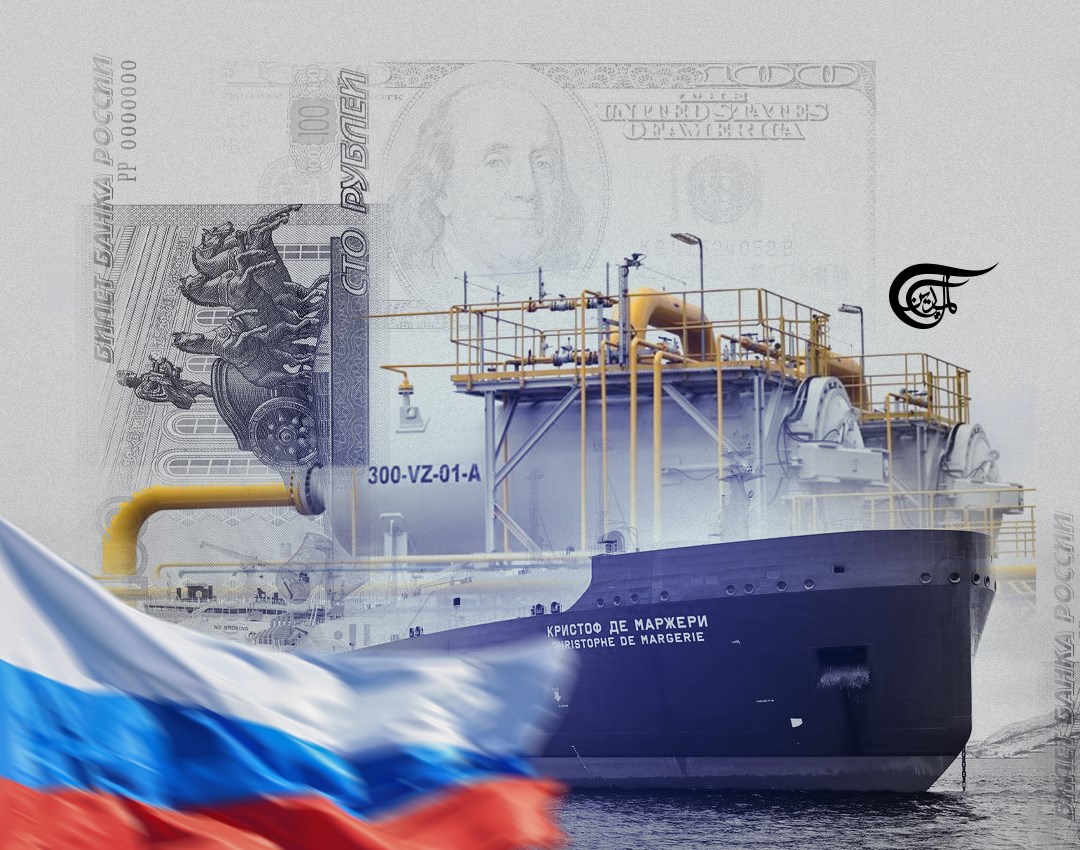Have Western sanctions ruined Russia’s economy?
One must consider whether Western claims about the Russian economy are valid or whether perhaps Western leaders are trying to distract their populations from the collapse of their own economies.
-

Have Western sanctions ruined Russia’s economy?
According to Ursula Von der Leyen, the consequences of sanctions imposed on Russia have made a significant impact on Russian industry. It is no secret that the West wanted to ruin Russia’s economy with President Biden stating that the West wanted to reduce the ruble to rubble. Ursula Von der Leyen even claimed that the Russian army is removing chips from dishwashers and refrigerators in order to fix military equipment. One must consider, however, whether claims made by Western leaders about the Russian economy are valid or whether perhaps, in actual fact, Western leaders are trying to distract their populations from the collapse of their own economies.
Firstly, it is important to note that in the period prior to the Russian special military operation in Ukraine, Russia did have a grounded, stable economy. It had one of the lowest debt levels in the world – around 18.2% of GDP in 2021, according to certain sources. This can be compared to a country like the UK where the debt level was 102.78% of GDP in Q4 of 2021. Furthermore, during the said period, Russia had a significantly high reserve balance: $615.6 billion. Reserves are critical to funding internal projects, meeting obligations, and crucially maintaining liquidity in the case of an economic crisis. It is also important to note that Russia does not just export oil and gas; it is also a key exporter of various other key commodities. According to the World Economic Forum, it is the world’s largest exporter of wheat, a big exporter of semi-finished iron, and a large supplier of nickel and nitrogen-based fertilizer. In terms of raw materials, it is the second-largest exporter of cobalt, which is used to make rechargeable batteries, and vanadium, which is used for large-scale energy and steel making.
The ambition to destroy Russia’s economy and the livelihood of its population has not been realized by the West. In fact, Russia’s economy appears to have been remarkably resilient to Western sanctions. Of course, it is naïve to assume that the economy has not been affected by the mass withdrawal of Western companies and imposition of restrictions, such as the ban on Russian banks using SWIFT. Yet, it seems that Russia has established backup plans in order to effectively limit the impact of the measures imposed on it. For example, in 2014, Russia created its National Payment Card System “MIR” card, which was created in case of disconnection of cards from the international payment system. According to the National Payment Card System, more than 50% of Russians had at least one MIR card. This does allow for payment of purchases and cash withdrawals following the ban on the use of Visa and Mastercards issued by Russian banks. It also aims to ensure the uninterrupted processing of transactions performed with international payment card systems in Russia.
Furthermore, Russia has been able to redirect some of its supply of crude oil, which was previously being sold to Europe to Asia. India’s oil imports from Russia, for example, have been rising since February of this year. In addition, China’s crude oil imports from Russia soared 55% from a year earlier to a record level in May of this year. Clearly, it will take some time for the redirection of supplies to be established for Russia, which will temporarily affect the Russian economy. The Bank of Russia predicts a decline in GDP of around -4 to -6% for the last quarter of 2022. However, starting in mid-2023, the central bank expects the economy will move into a recovery phase – 1.5% to 2.5%.
In relation to interest rates, on September 16, 2022, the Bank of Russia decided to cut the interest rates in the country to 7.5%. This is in line with the levels that existed prior to the special operation. This was against a backdrop of reduced consumer demand and developments in business activity. With regard to inflation, the annual inflation declined in August to 14.3%, according to the Bank of Russia. In line with interest rates, the Bank of Russia predicts that inflation will be reduced to 4% in 2024. Furthermore, the Ruble has already bounced back to its pre-war level. It seems that Russia has been evidently affected by the raft of sanctions imposed on it by the West, but just for a short time. However, due to foresight and effective management of its economy, it has been able to minimize the effect of sanctions and is predicting a return to growth in 2024.
The same thing cannot be said for a country like the UK where the BBC expects that the UK economy will plunge into a recession before the end of 2022 with inflation spiking to 14% and weak growth expected until 2024. The pound has fallen to a record low against the dollar and there is an expectation that interest rates will dramatically increase in the coming months. Combined with inflation and a cost of living crisis, many commentators anticipate that the UK’s economy may even fall into a depression. It is also not clear how the government will effectively manage and recover from this economic crisis, as much as it is unclear how future spending can be given the current level of government debt and low reserves balance. It seems that the West’s attempts to destroy Russia’s economy have backfired and are actually leading Western countries’ economies (such as that of the UK) that are faring far worse economically than Russia.

 Natalie Jones
Natalie Jones
 6 Min Read
6 Min Read











